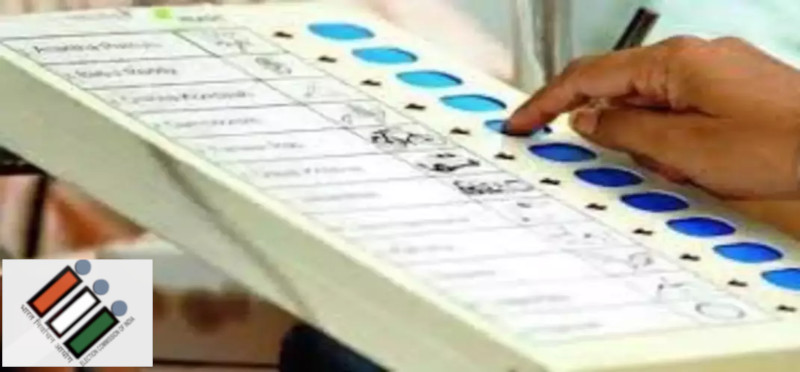
With the announcement of dates to the General Elections the Model Code of Conduct (MCC) came into effect. Read out everything about MCC for UPSC CSE.
What is Model Code of Conduct?
- A MCC is a set of guidelines released by the Election Commission of India that ensures a free and fair elections.
- The Elections Commission derives the power to enforce a MCC from Article 324 of the Constitution that states that vests superintendence, direction and control of the elections on the Election Commission.
Origin of Model Code of Conduct
- During the 1960 State General Elections of Kerala, a voluntary code was agreed upon by the political parties of Kerala for a free and fair elections. This code gave a set of guidelines for the political parties on do’s and don’ts while the code is in force.
- In the subsequent general elections of 1962, the Election Commission had applied the code through out India.
- Subsequently, the Commission had constituted many committees to review the code and is being updated ever since.
Announcement of the Model Code of Conduct
- After a series of legal battles and delegations with the governmetn, a definitive view regarding the coming into effect of the code came out. I
- In Harban Singh Jalal vs Union of India & Others, the Punjab & Haryana High Court stated that the code comes into effect from the date of announcement of the election.
- This was challenged in the Supreme Court and a concrete decision was taken on 16 April, 2001 with the agreement of the Central Government that MCC comes into force on the date the Election Commission announces the poll date.
Highlights of the Model Code of Conduct
- The code lays down standards and guidelines for all the political parties, their candidates and their supporters to follow for a fair elections.
- It majorly targets the ruling party which has the power to disrupt the polls in its favour by using its official position.
- There are eight parts in the code which details the roles, responsibilities and the way the election campaigning must be held.
- The code thus
- Does not allow the government to make any policy decisions.
- No recruitment to the government bodies can be undertaken while the code is in force.
- No appointment of officials can be undertaken by the Ministries during the code.
- The manifesto of a political party shall not be in incongruence with the Constitution.
- The candidates can undertake public meetings but prior permission from the local police is a must.
Also Read: Nine New Science Projects Unveiled by PMSTIAC
Violating the Model Code of Conduct
- The code is not a statutory document and thus violating it do not attract any punitive actions.
- But many provisions of the code already have laws in the Indian Penal Code and the Representation of People’s Act, 1951. These will take care of any criminal acts during the elections.
Also Read: A National Mission to Promote Transformative Mobility have been Launched
Conclusion
The Model Code of Conduct has facilitated free and fair elections so far. Its acceptance by all the political parties in the country shows the faith on the code in conducting fair elections. But, with the wake of technological advancements, malpractices in the election campaigning is becoming rampant and the code is being violated with impunity. The code thus needs to be updated regularly.

Leave a Reply
You must be logged in to post a comment.